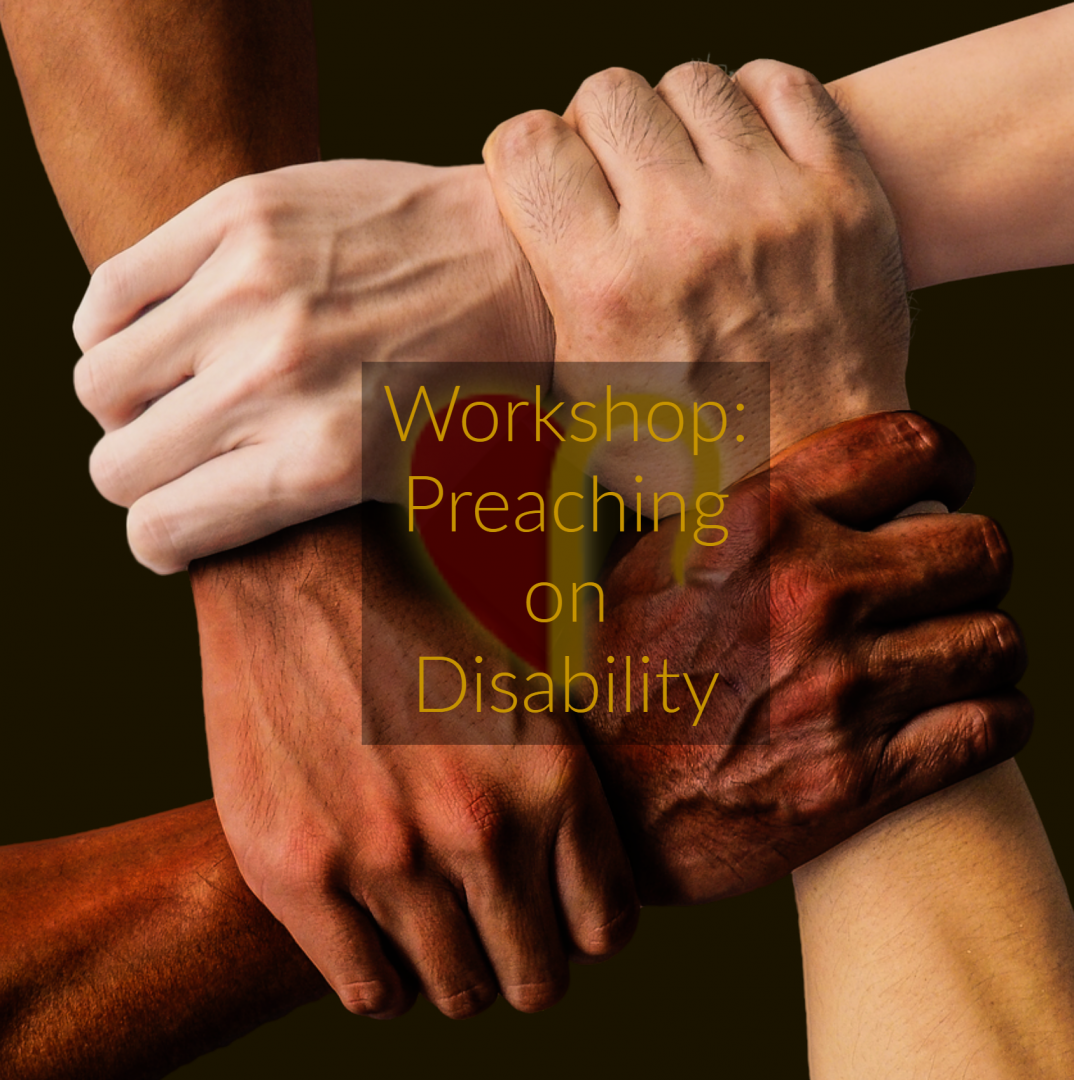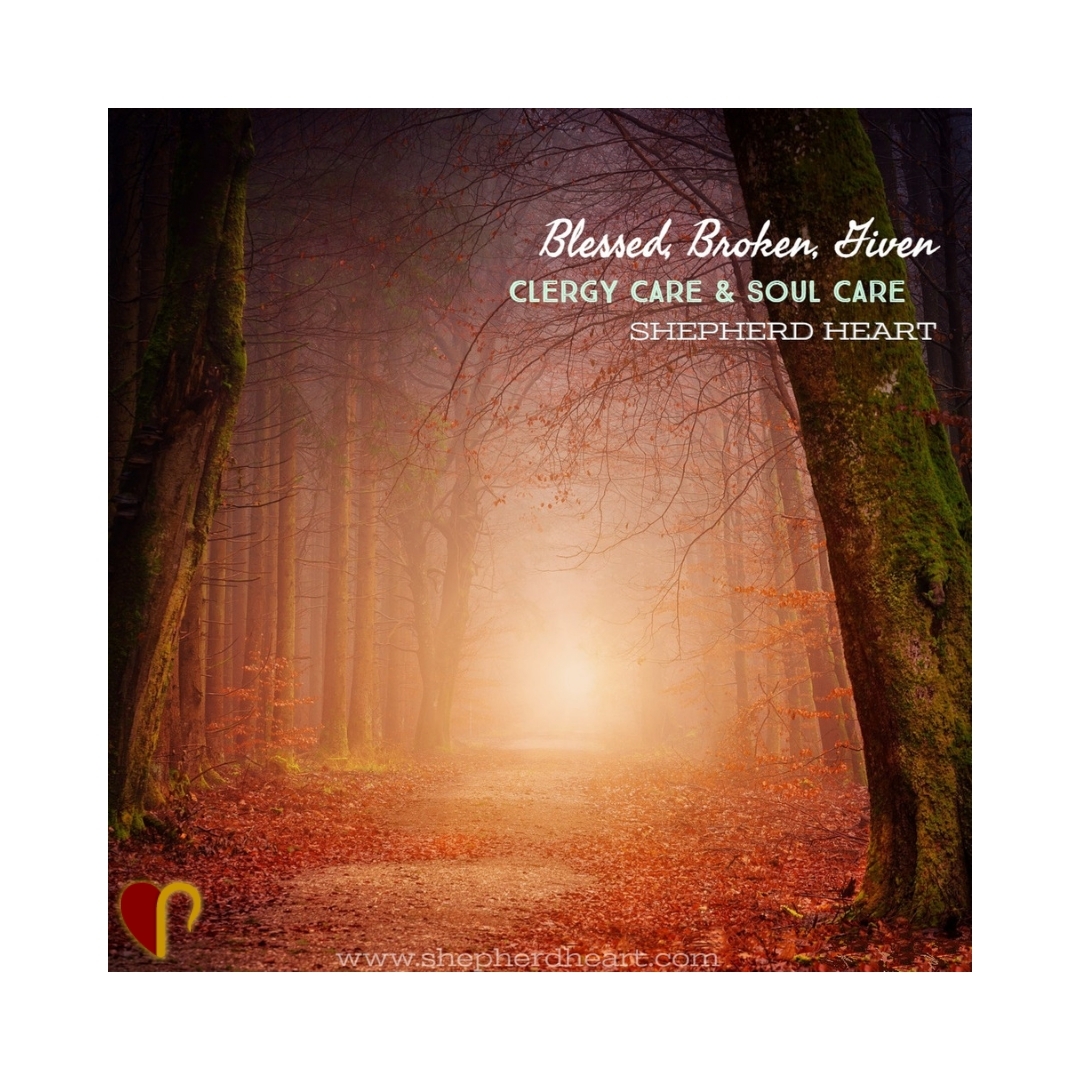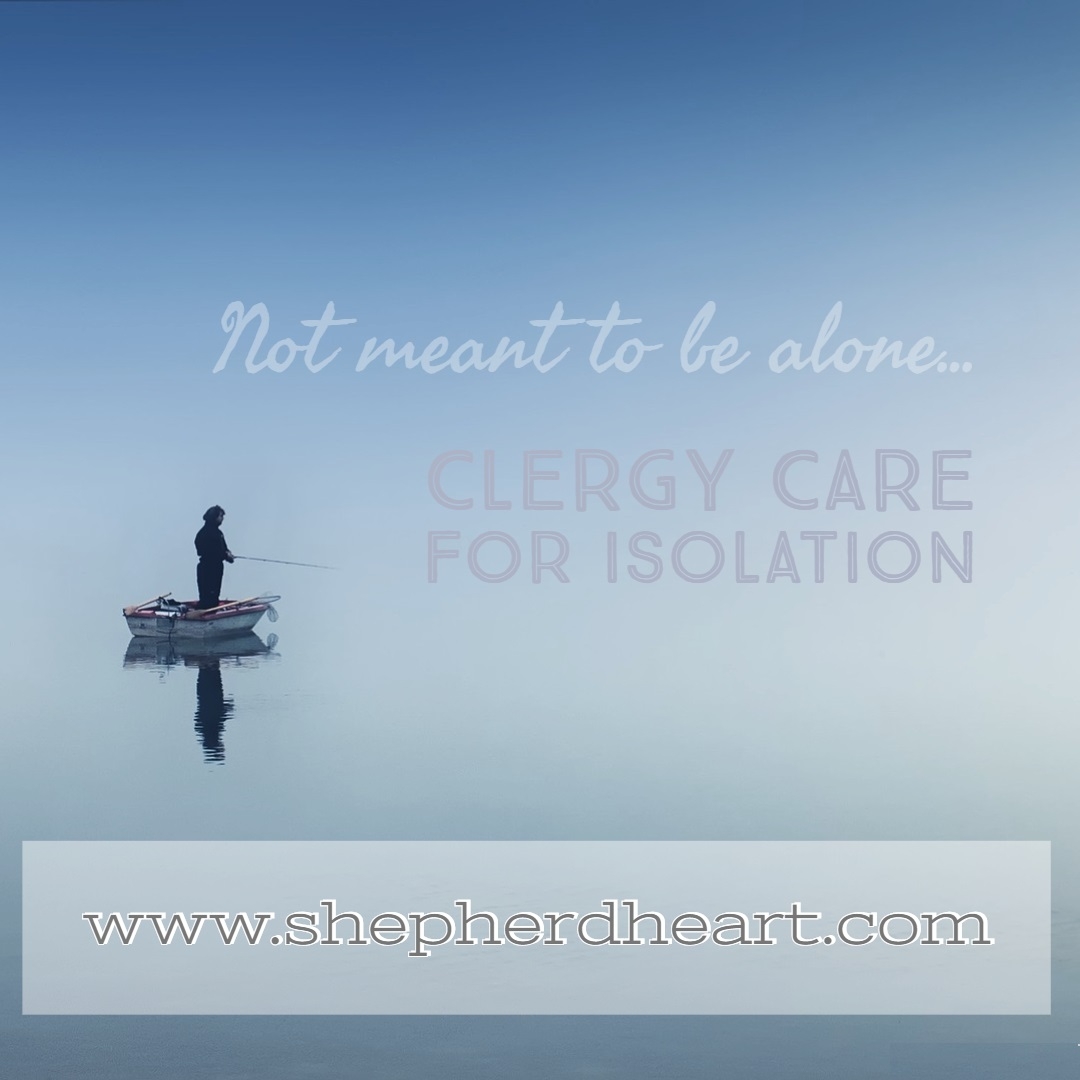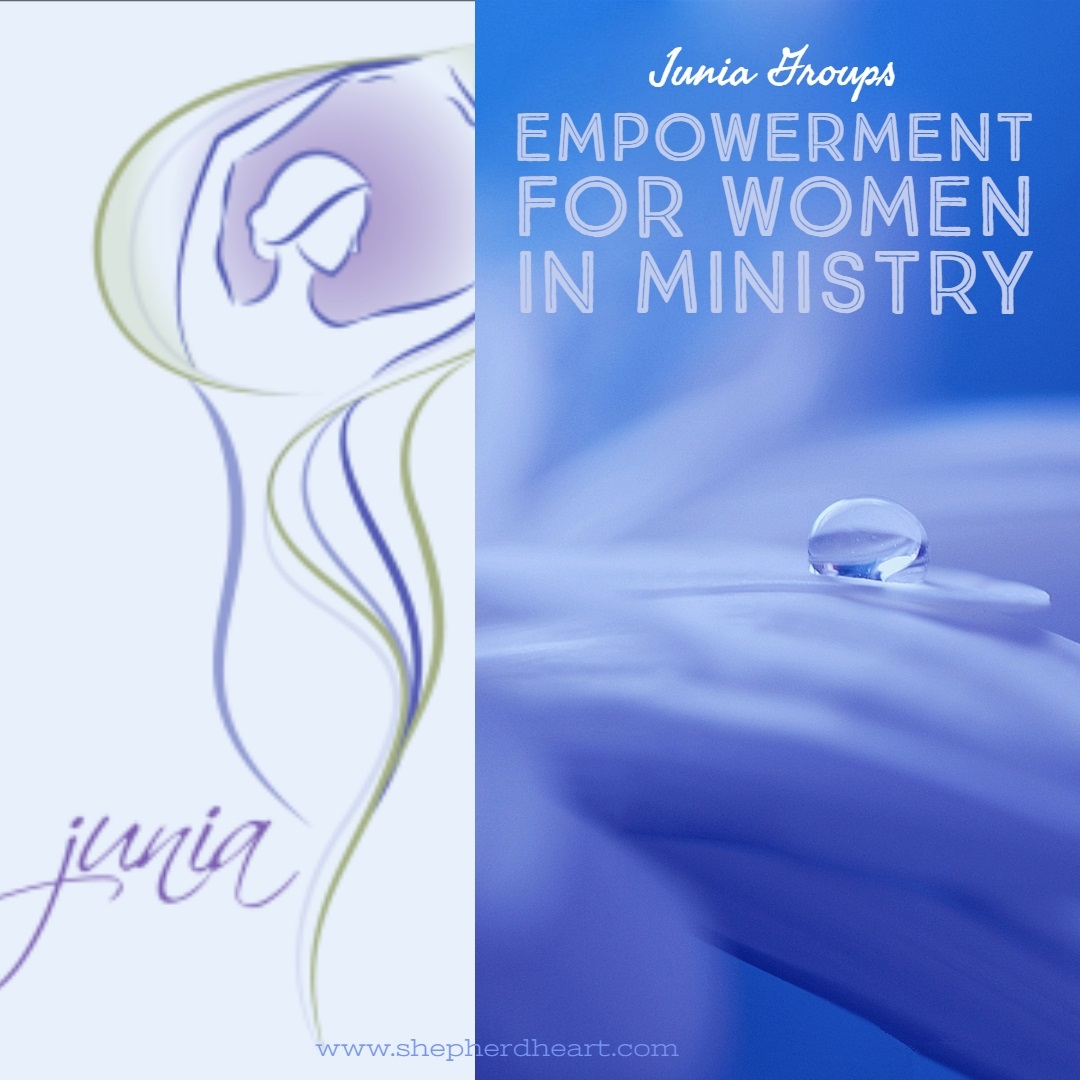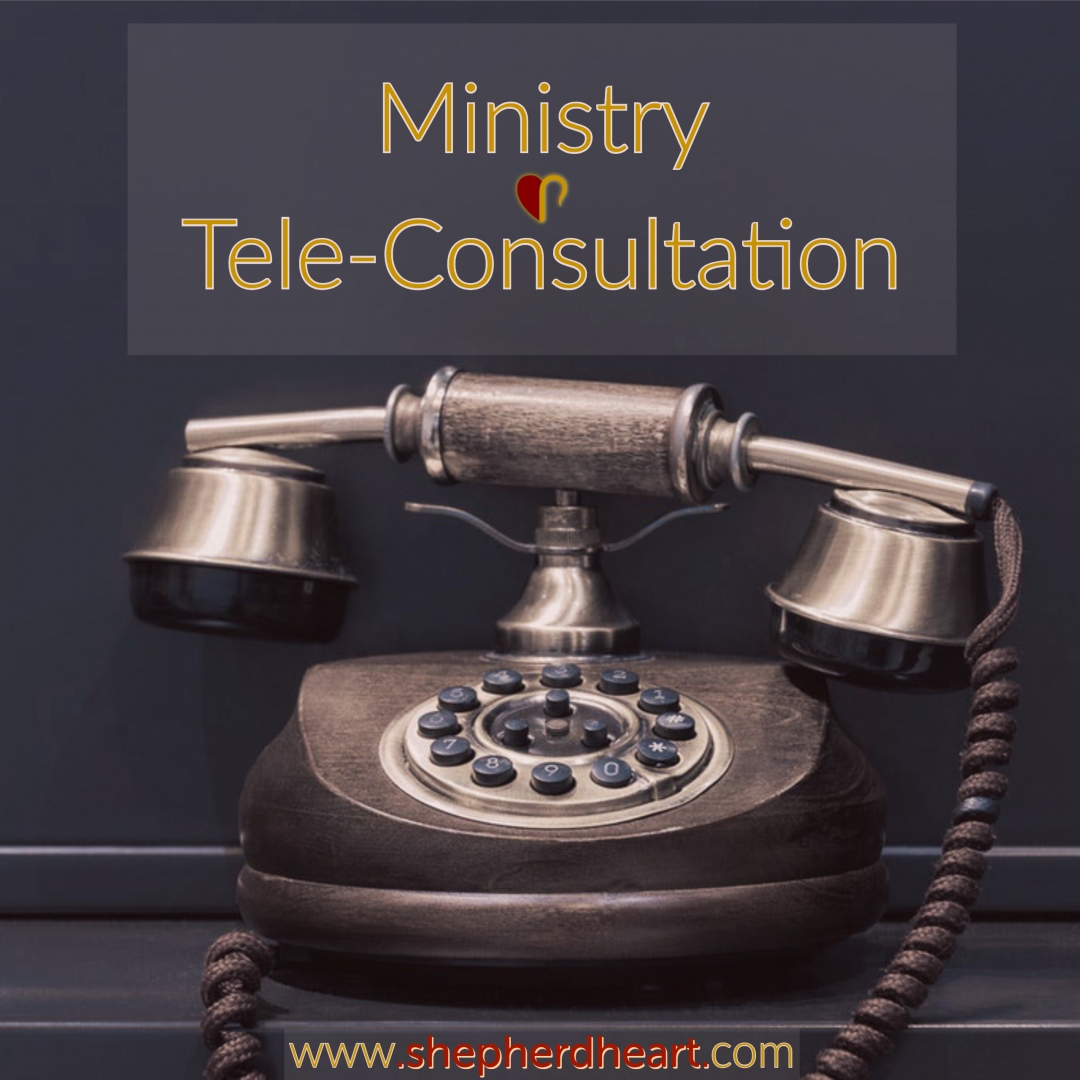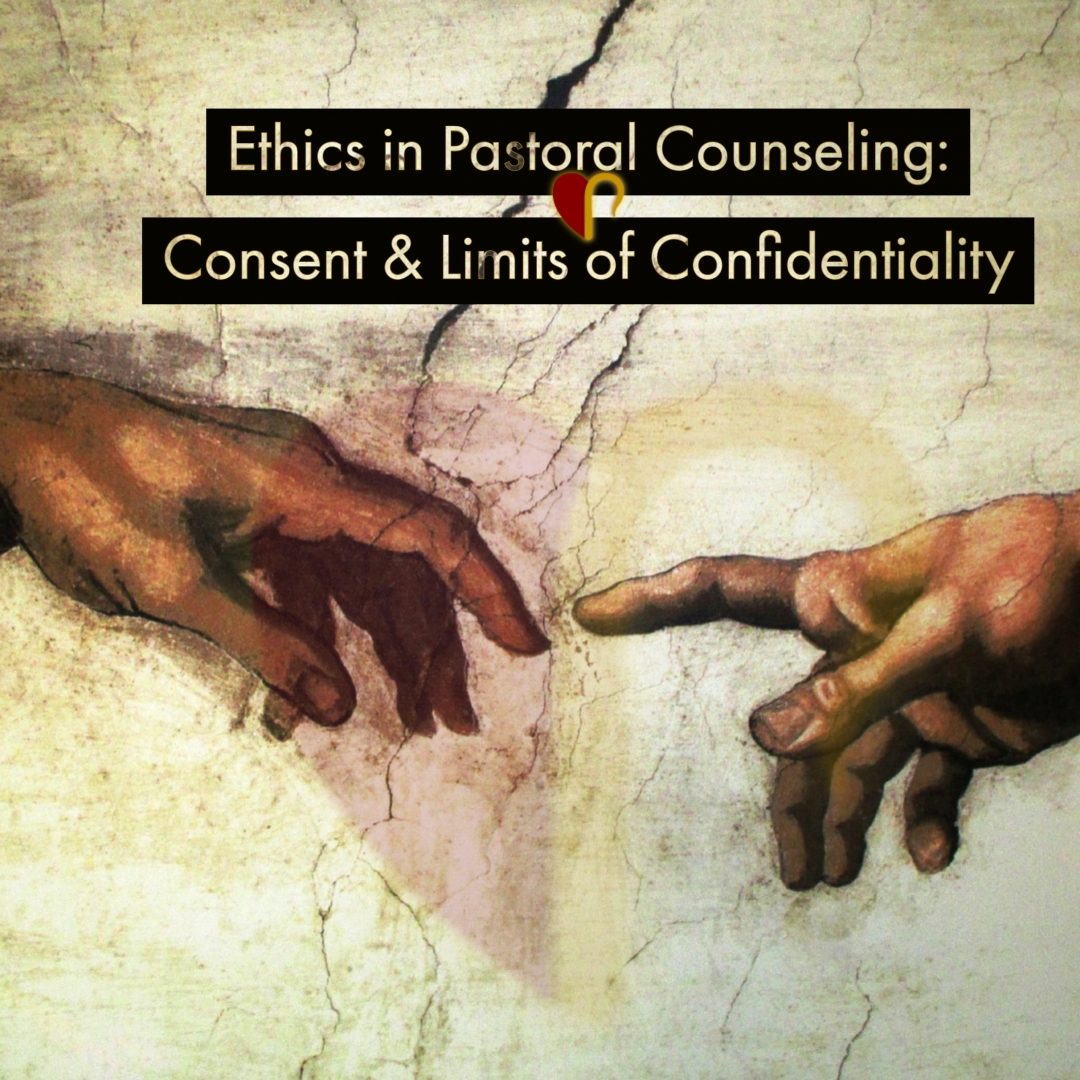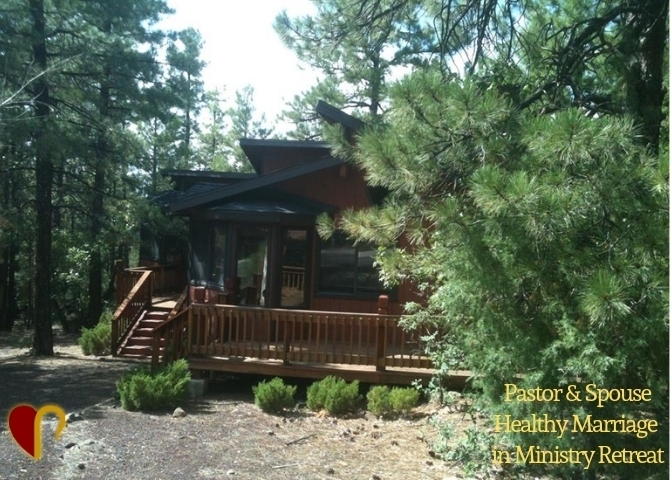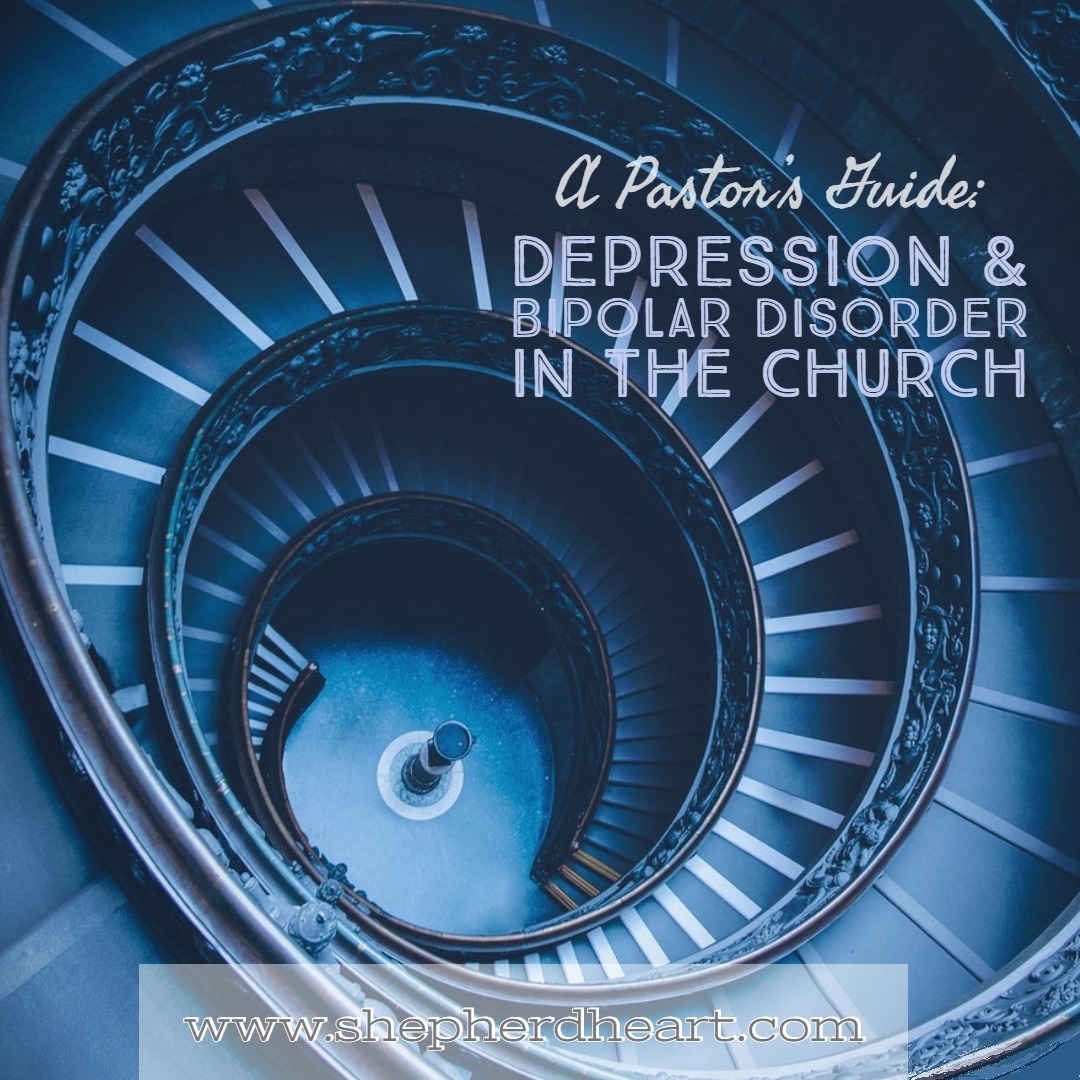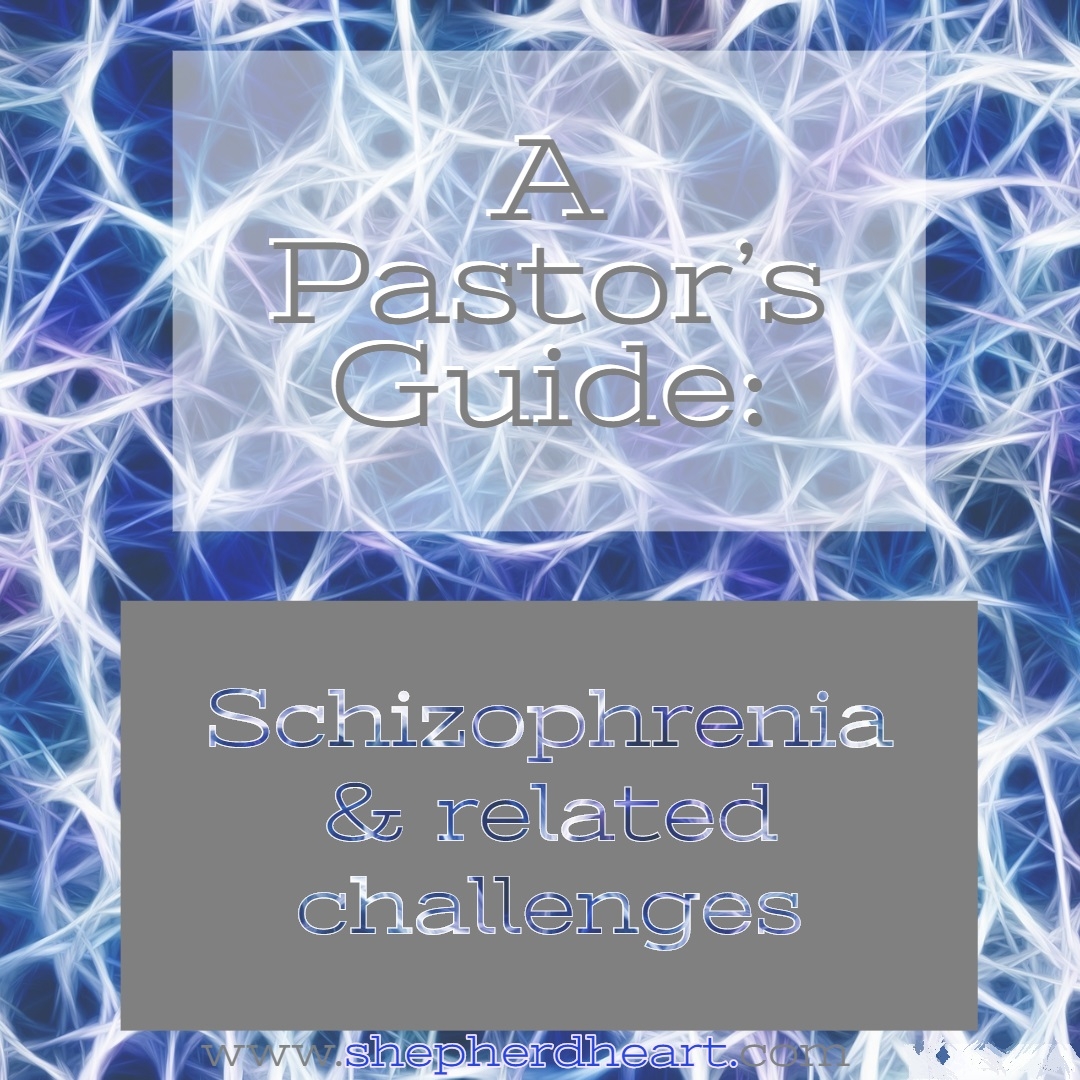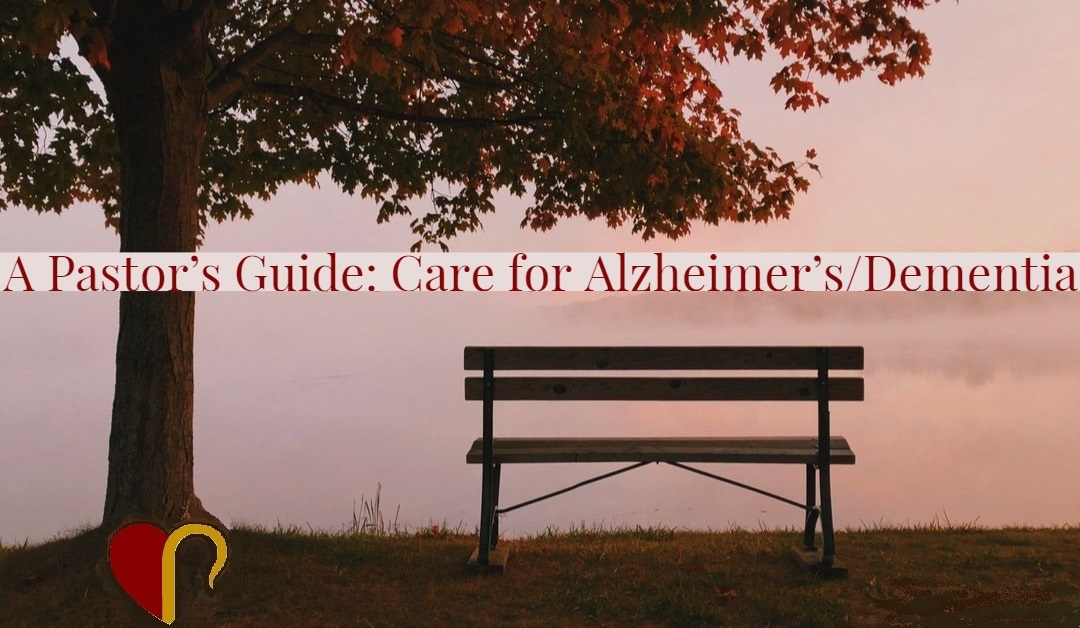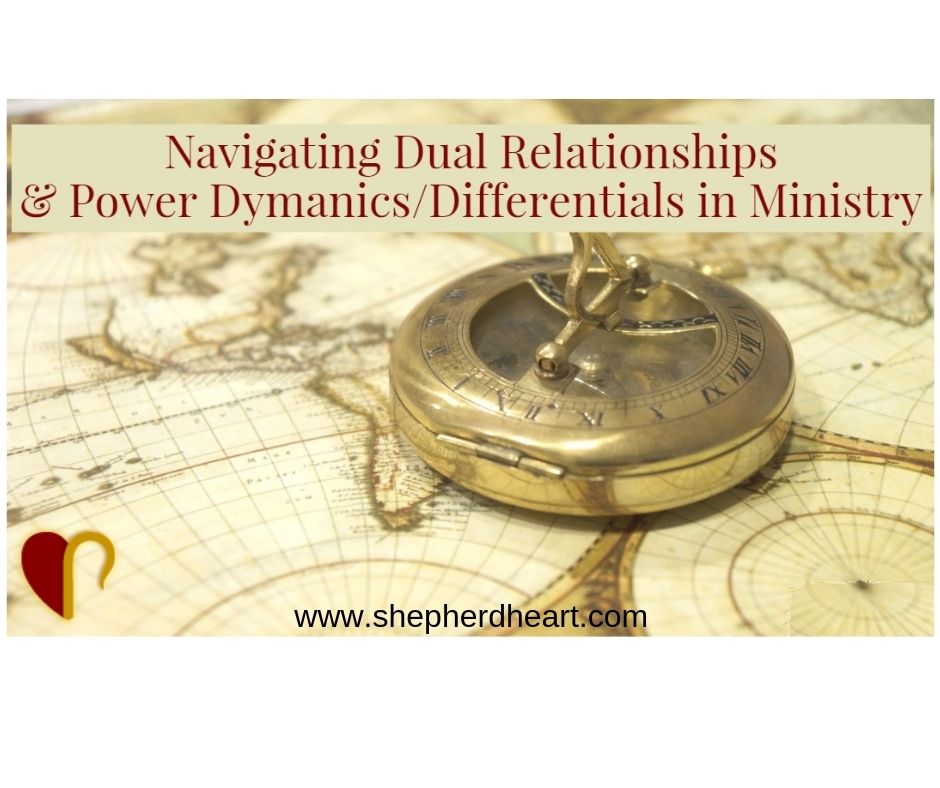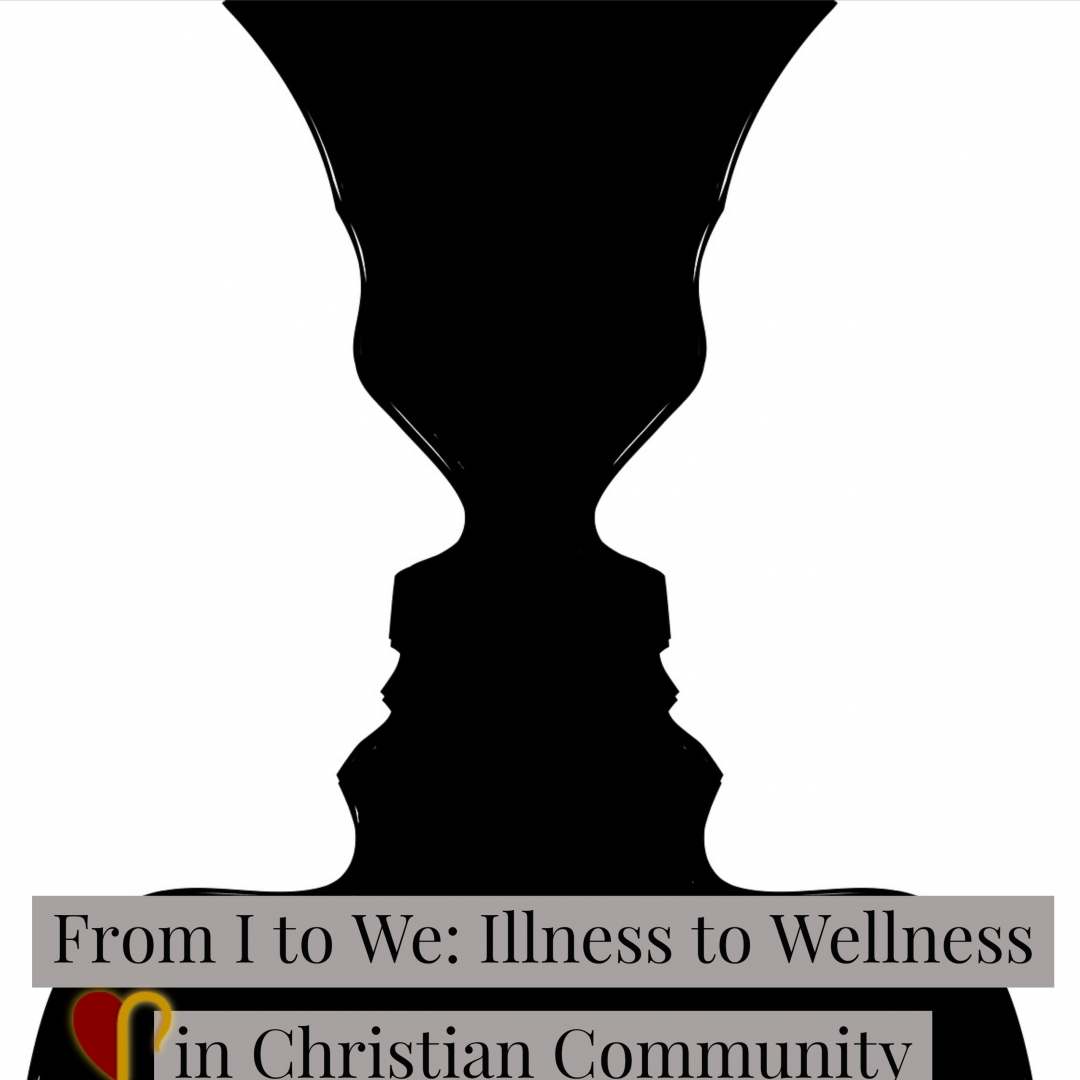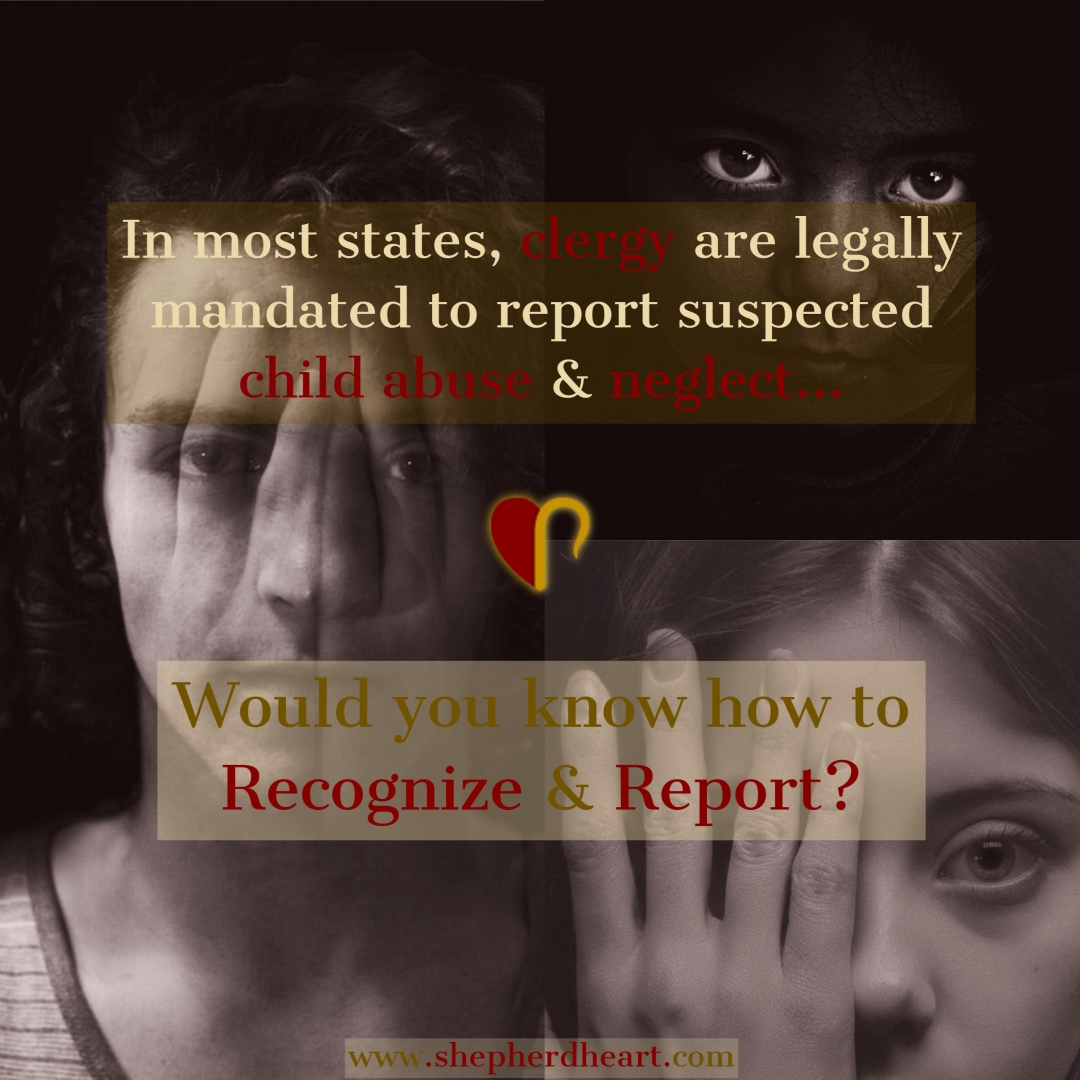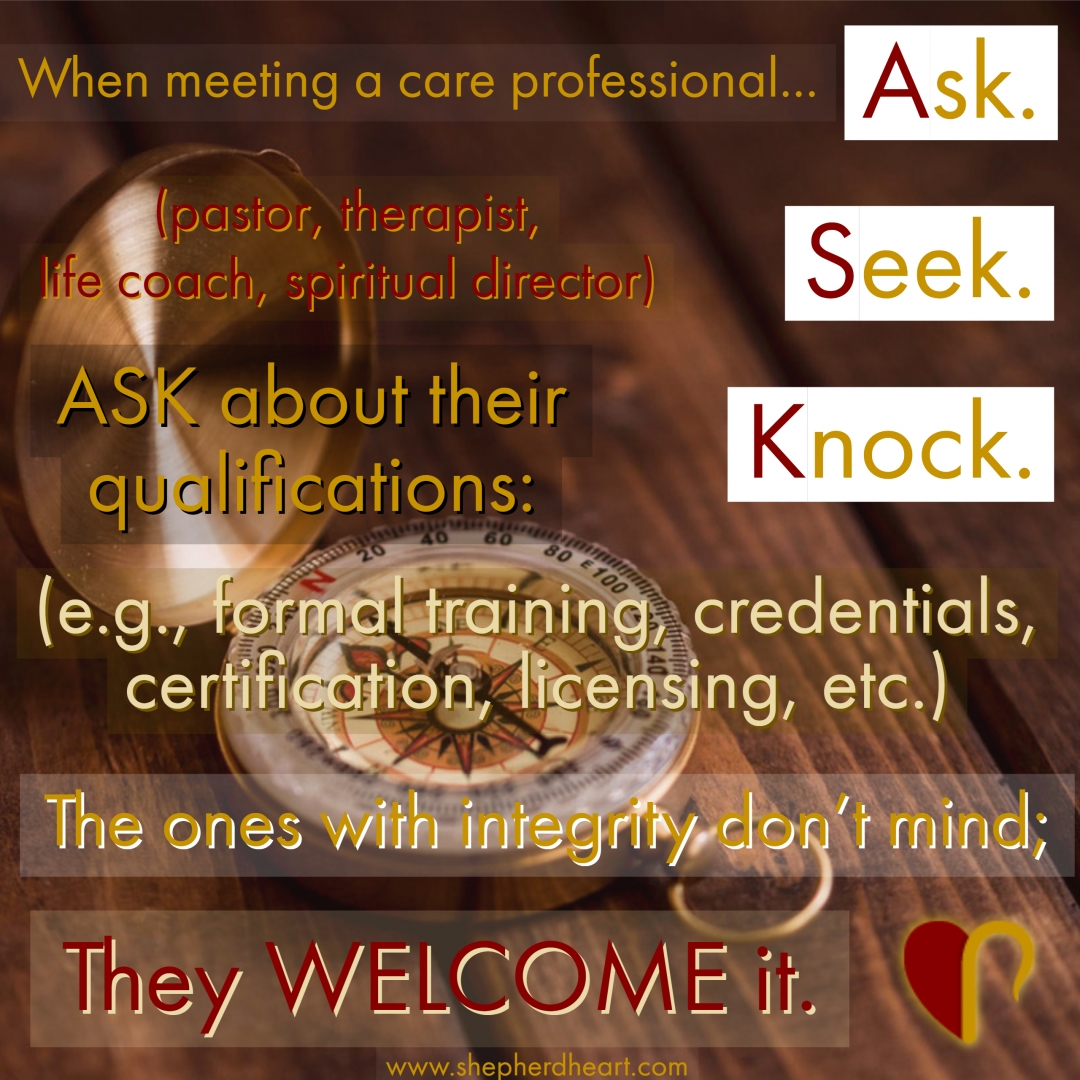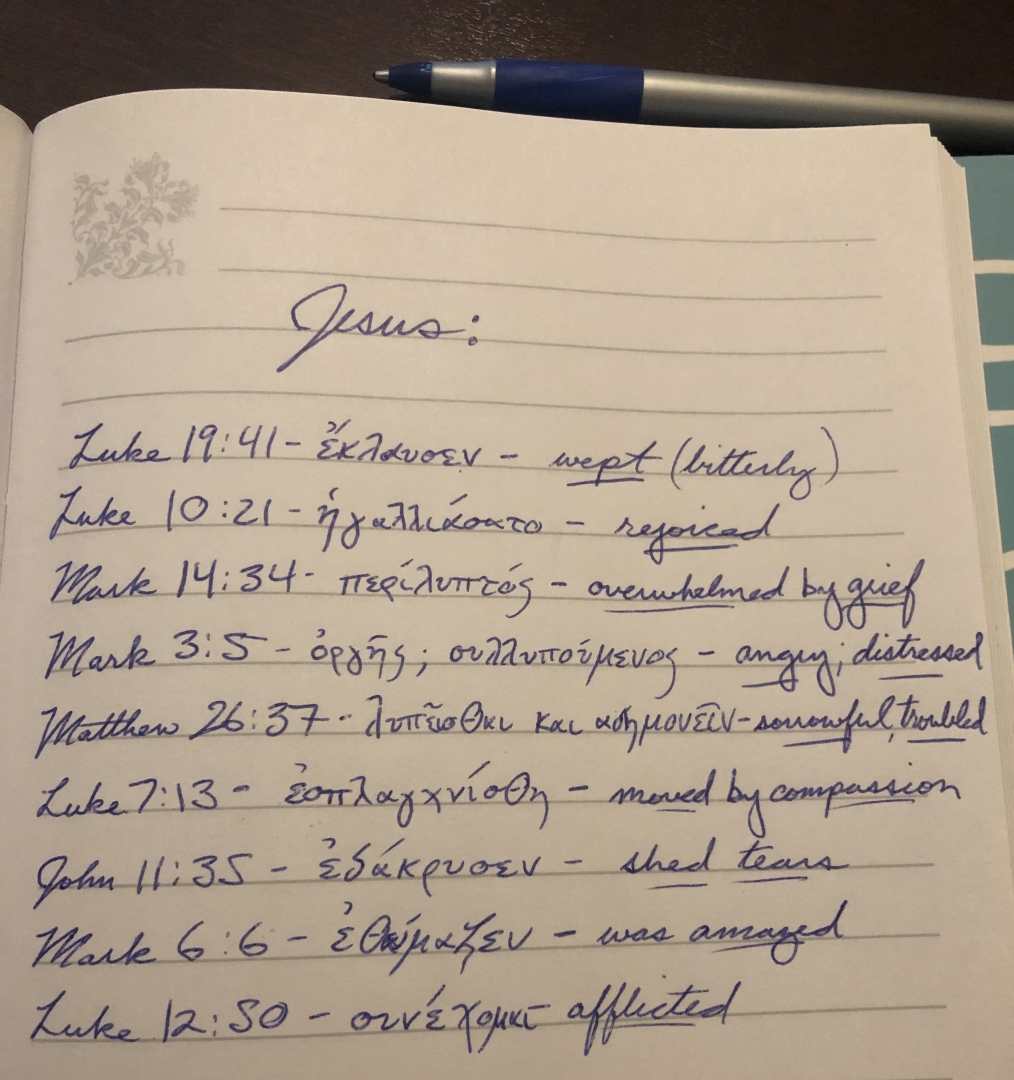
Raising Awareness:
The Importance of Mental Health Education
By Sr. Chilee Okoko
The Diocese of San Bernardino [California] is the fifth largest diocese in the United States, with a population of 1.7 million Catholics, made up by the San Bernardino and Riverside Counties, and is one of the fastest growing, most diverse and multicultural dioceses in the USA.
San Bernardino has been identified as one of the Counties with high poverty level, recently, as having high crime level. The economic difficulties and non-availability of jobs are situations that could contribute to homelessness, lots of mental health challenges like suicide ideation, drug and alcoholic addictions, domestic violence, depression, mental health related crimes, etc.
Lack of awareness – ignorance and not understanding how these issues relate to mental health – are responsible for persons not seeking help from professionals, or even acknowledging these issues as problems that require attention by the mental health experts.
The biggest hindrance to seeking professional help is the stigma associated with mental/behavioral health. People very easily acknowledge having some medical issues like high blood pressure, diabetes, thyroid problem etc., but will not readily admit to experiencing depression, schizophrenia, addictions, mood disorders, suicide ideation, etc. Some cultures abhor admitting any mental health related challenges and will call it “evil” or “spiritual attack” or “madness.” Affected individuals hide their conditions and avoid seeking for help, so as not to be identified with the illness.
Bishop Gerald Barnes, the Bishop of the Diocese of San Bernardino, has always been interested in promoting health and wellness. In 2014, he constituted the Diocesan Behavioral Health Committee and charged the members with the work of raising awareness, promoting education and seeking for ways to fight the stigma associated with mental illness. The diocese, in this effort, has been collaborating with the San Bernardino County and Riverside County Department of Behavioral Health, NAMI [National Alliance on Mental Illness] , Loma Linda University Health, Riverside University Health and other agencies that work to provide mental health services.
In May 2015, the diocese held the first Diocesan Behavioral Health Conference with the theme “Spirituality and Behavioral health: A call to Awareness, Assessment and Advocacy”. The target audience for this first conference were the Clergy, Religious men and women, Diocesan Pastoral Center Staff and all Parish staff. These are the ministry leaders in the 93 parishes of the diocese. The objective was to begin the education and information with the leaders. Most people at the parishes, are known to approach their spiritual leaders first, when they begin to experience mental health challenges or difficulties. It then becomes very important that the leader be knowledgeable enough to advise, encourage and guide the individual correctly. These ministerial leaders were expected to take the message from the conference, back to the Parishes and begin the conversation and information to the other parishioners. That first conference had about 480 participants.
The second and third conferences took place in 2016 and 2017, with the theme “Effectively ministering with compassion to those affected by mental illness” and “Journeying in hope and compassion with the mentally ill” respectively. During these conferences, as in the first conference, many agencies were invited as vendors to provide resources and information to the people. This second and third conferences were open to everybody who wished to attend. There were two keynote addresses and eight workshops during each conference. Each participant gets the opportunity to attend the keynote addresses and two workshops.
This year, the Diocesan Behavioral Health Conference will be holding on Wednesday, May 8, 2019 at the Diocesan Pastoral Center beginning at 8:00am – 4:00pm. The theme is “Finding Hope in a Changing World”. There will be workshops on Suicide prevention; Effects of changes in family dynamics on the youths; How Social Media is mentally impacting people’s lives, especially the millennials; Reducing the stigma associated with mental illness, in both English and Spanish languages. The conference will also feature a panel discussion on the different cultural views of mental health challenges and the associated stigma. Panelists will be people from seven different cultural groups from the diocese.
A lot of attention has been given to wellness and health, but most especially to mental health in the diocese. This is an on-going effort, one that receives a hundred percent support and encouragement from the Chief Shepherd of the diocese of San Bernardino, Bishop Gerald Barnes. 
Sr. Mary Chilee Okoko, DMMM is the Director of the Department of Life, Dignity and Justice for the Diocese of San Bernardino. She is a member of the Nigerian Medical Association (NMA) and Association of Radiographers of Nigeria (ARN).
Shepherd Heart has been honored to participate in this event in the past, and is glad to see it is open to the public in Southern California.
Apply now for this summer’s Pastor & Spouse Retreat: Emotionally Healthy Marriage in Ministry. (July 17-20, Northern AZ)
Take a look at upcoming events & ministries at Shepherd Heart. Share in the Shepherd Heart vision & mission.
If you support the vision and the mission of Shepherd Heart, you can give a gift to sustain its ministries.
Shepherd Heart is *not* a 501c3, and therefore gifts are not tax-deductible at this time. Your gifts of any amount are deeply appreciated.


